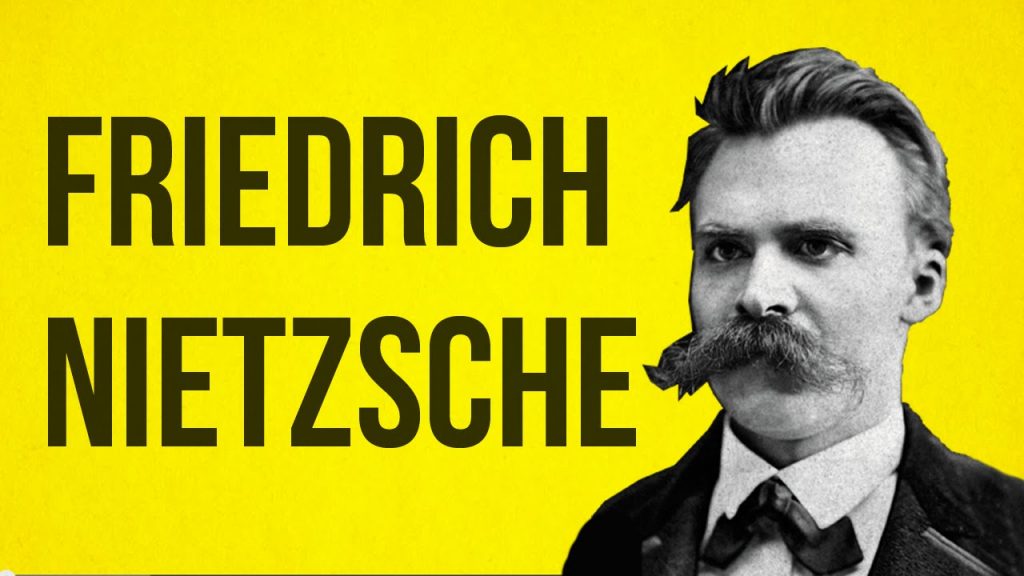Friedrich Nietzsche

Friedrich Nietzsche: Philosopher of Individualism and Existentialism Friedrich Nietzsche, a 19th-century German philosopher, is renowned for his profound and provocative ideas on morality, existentialism, and the human condition. Through his writings, Nietzsche challenged conventional wisdom and deeply influenced the fields of philosophy, psychology, and literature. Join us as we explore the life, works, and enduring […]
